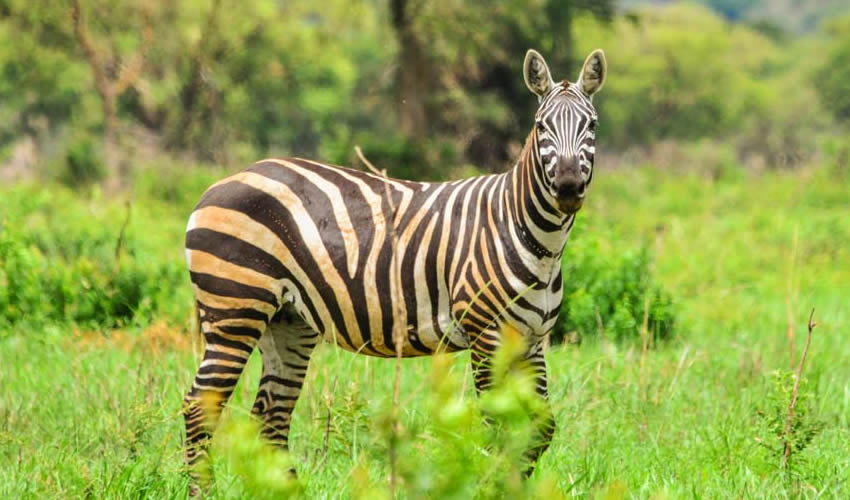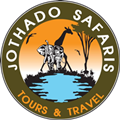We care about Uganda Nature and Wildlife Conservations . We partner with relevant authorities and partners in protecting wild animals, the landscape, natural habitats/ecosystems as well as other features of the Earth. We work in collaboration with Uganda Wildlife Authority (UWA), a body currently responsible for conserving the country’s nature and wildlife, which is done through the implementation of various approaches that protect and sustainably manage natural heritage.
Through several approaches including community revenue sharing schemes, conservation education and awareness, wildlife use rights, Resource access, community participation in wildlife management, problem animal management and collaborative management among others. We are key partners to this cause. We and continue raise our voices for the conservation of wildlife, nature and save them from extinction.
 Challenges of Uganda Nature and Wildlife Conservations
Challenges of Uganda Nature and Wildlife Conservations
Poaching – Uganda Nature and Wildlife Conservations
Poaching is the main challenge to nature and wildlife conservation with the main victims being elephants that are killed for meat and tusks made of ivory, used for making expensive jewelry. All wildlife species in Uganda are being threatened due to culture whereby communities’ still hunt in the Protected Areasfor ceremonial dresses as well as game meat and up to now, you can find game meat being sold in markets around Protected Areas.
Encroachment and illegal grazing
Protected Areas around the Cattle-corridor (Ankole, Karamoja and Kafu Basin) have been adversely affected by encroachment and illegal grazing. It is because of this challenge that cases of wildlife poisoning are also on the rise.
Human – wildlife conflicts
Wildlife are always on the move, continuously searchingfor water, food, mates as well as shelter and given the fact that most of Uganda’s Protected Areas are not fenced, these animals end up destroying community farms or worse still savaging on humans/or cattlehence resulting into poisoning. A case in point is the eleven (11) lions that were poisoned in Queen Elizabeth National Park in 2018.
Strategies for managing challenges of Wildlife Conservation
Some of the approaches applied by Uganda Wildlife Authority to mitigate the challenges of Nature and Wildlife Conservation in the country are Wildlife benefit sharing scheme intended at contributing towards government’s plan to eradicate poverty as well as improving community livelihoods. This is aimed at reducing on poaching within the Parks.
Also, communities are allowed to occasionally access Park resources such as dry trees for firewood, medicinal herbs, bee hives, grass for construction, papyrus for handcrafts and water access during the dry season given some Parks protect Lakes, Rivers and swamps. This strategy is implemented to mitigate on the challenge of poaching and encroachment.
To address the challenge of poaching, Uganda Wildlife Authority has intensified deployments, patrols and ambushes that result into arrest and prosecution of suspected poachersin Courts of Law. Also, UWA continues to engage and work with different stakeholders (Customs, Police and Judiciary) through organizing wildlife sensitizing seminars for more support towards Nature and Wildlife Conservation. UWA Staff suspected to involve in wildlife poaching are dismissed from the Institution with disgrace and face the Courts of Law.
